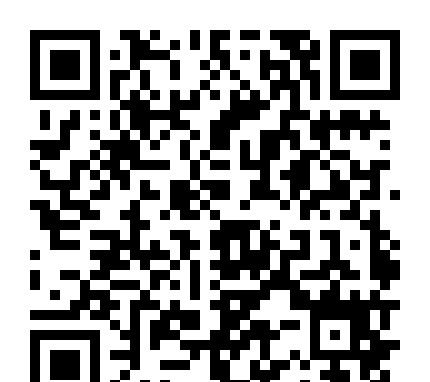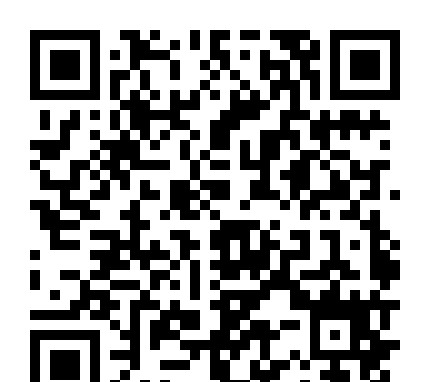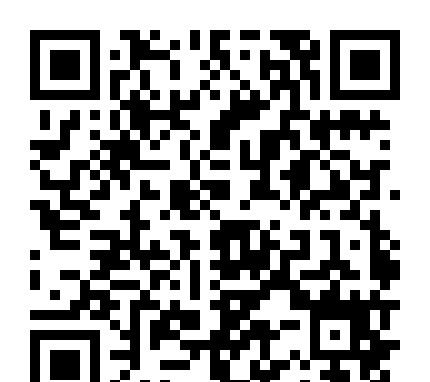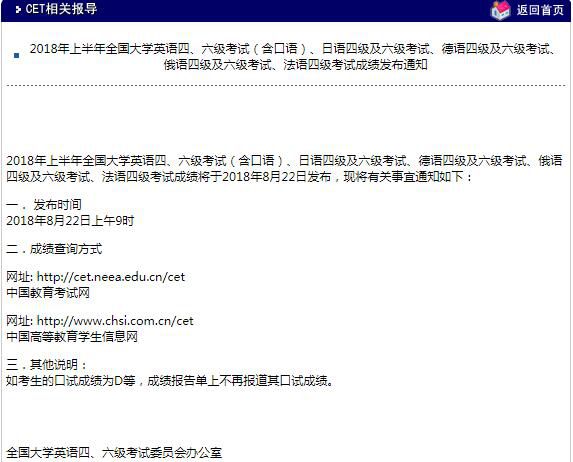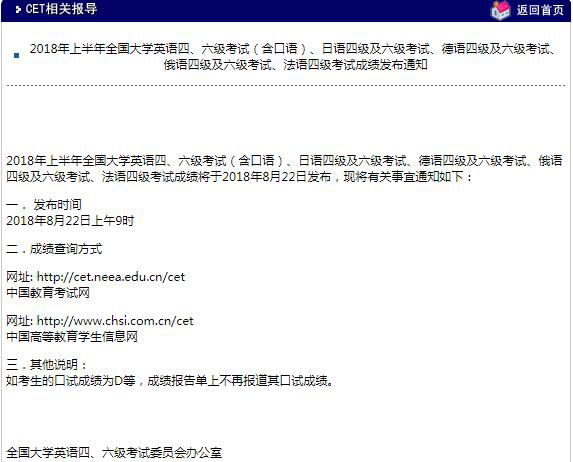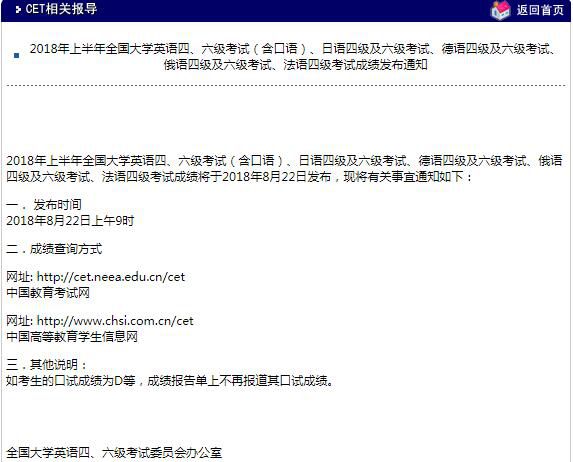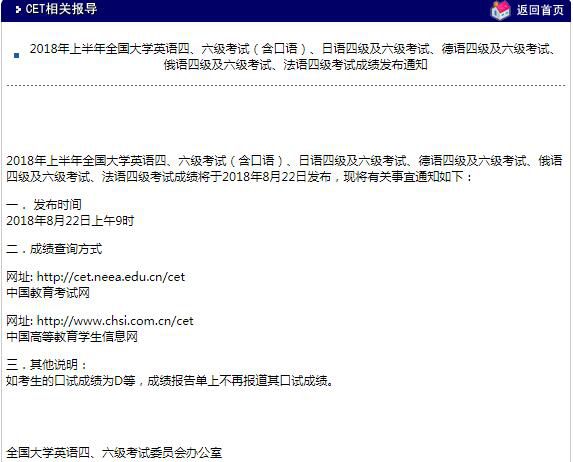Mumbai bleeds in terrorist attack
|
Twelve places attacked, more than 125 people, including six foreigners, killed, close to 300 injured, scores of people held hostage by assailants in two premier hotels, widespread fear among people. That in short is what happened in India's financial center when terrorists launched a series of audacious attacks on Wednesday that was continuing till late last night. Among the buildings targeted by the terrorists were Mumbai's domestic airport, its busiest railway station, two hospitals, a dockyard, police headquarters and a building that houses a Jewish center. Army commandos claimed to have freed all the hostages from one of the hotels, the 105-year-old heritage Taj Mahal Palace and Tower, by yesterday evening but were battling with the terrorists in the other, the Oberoi Trident Hotel. The commandos have taken up positions around the hotels, too, and sporadic gunfire could be heard till late yesterday night from the Trident. They claimed to have shot down two militants trying to flee in a car near a cafe, a favorite hangout of foreigners. Police said they were proceeding slowly to protect the captives. "The safety of the people trapped is very important," said A.N. Roy, Mumbai's police chief. "It will take time but it will be completed successfully," he said. Indian Prime Minister Manmohan Singh blamed "external forces" for the attacks, and said New Delhi would "take up strongly" the use of neighbors' territory to launch attacks on India. "The attacks, probably with external linkages, were intended to create a sense of terror by choosing high-profile targets," he said in an address to the nation. But Pakistan-based militant group Lashkar-e-Taiba, which many have blamed the attacks on, denied any role. Indian media reports said six people had been killed and an unknown number were trapped in the Trident, and terrorists holding hostages in the Jewish center had offered to hold talks with the authorities. The attackers, armed with guns, assault rifles, hand grenades and explosives, fanned out in the heart of the city, firing indiscriminately at a landmark cafe, the railway station and the two hospitals. Television footage showed some of them in a pick-up truck spraying people with rifle fire as the vehicle drove down a street. Flames burst from the heritage Taj Hotel's top floors and dome shortly after the attack began on Wednesday night, and erupted again after the commandos raided the building yesterday. Almost 20 hours after the assault began, soldiers and militants were still exchanging fire and more than 100 people were trapped inside the rooms of the Taj. A little-known group, the Deccan Mujahideen, has claimed responsibility for the attacks. The Indian peninsula is known as Deccan. A militant holed up inside the Jewish center called an Indian TV channel to offer talks with the government for the release of the hostages. One militant from the Taj Hotel told a TV channel: "Release all the mujahideen (from jails), and Muslims living in India should not be troubled." The attackers appeared to especially target British and Americans as they sought hostages. Israelis, too, were among the hostages, a TV channel said, and police claimed the gunmen at the Jewish center were holding an Israeli rabbi. Mumbai has seen several major bomb attacks in the past, but never anything so obviously targeted at foreigners. Authorities closed schools and colleges in the city and imposed a curfew around the Gateway of India, close to the Taj hotel and the police headquarters. The stock market was closed, too, and the central bank said it would continue auctions to keep cash flowing through inter-bank lending markets, which had stopped after the global financial crisis. But train services were running as normal, taking people to work in the stunned city. |

